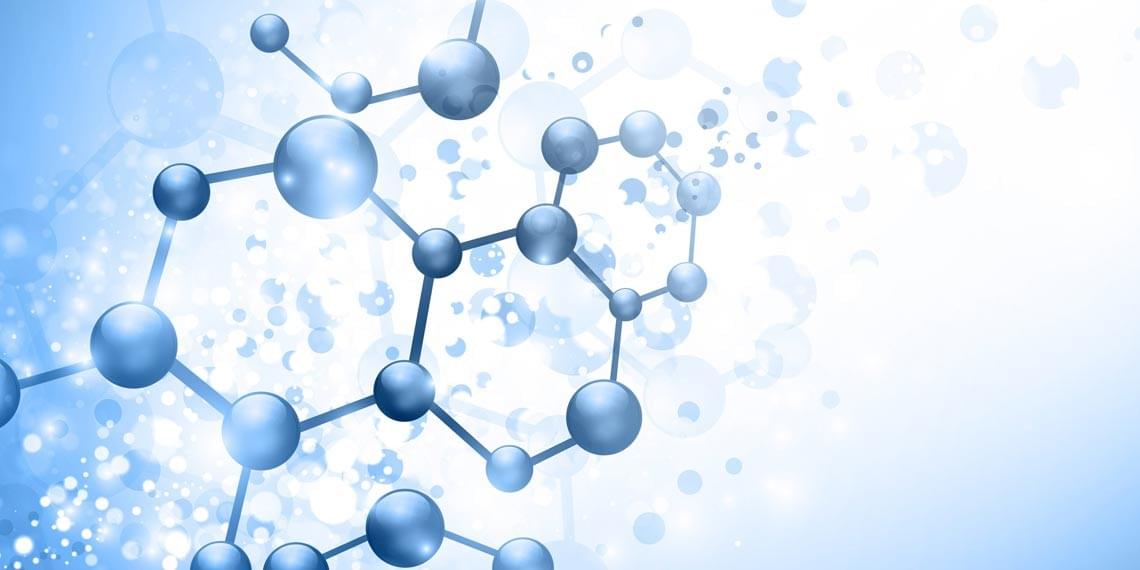
Peptides consist of two or more amino acids. They may be referred to as “protein fragments,” as it takes a bond of fifty or more amino acids to constitute a protein, rather than a peptide. These chains exist in every living thing and serve a multitude of functions, from skin and muscle regeneration to hormone production and much more.
These short amino acid chains have been the mechanism behind many great strides in personal health, fitness and skin care. There are hundreds of known peptides, our understanding of which is increasing every day. Truly, the benefits of peptides are being further expanded upon all the time and becoming more widely-understood by both the scientific community and the public at large.
In this article, we will explain the multiple uses of peptides.
Therapeutics
Peptides closely relate to the immune system and the production of hormones. Because of this, peptides play an important role in the creation and research of new pharmaceuticals. These peptides, whether synthetic or natural, enhance the body’s own creation of peptides to help tackle human ailments.
Diagnostics
Diagnostic peptides can be used by physicians and researchers to determine changes in the body and natural peptide production. These peptides change color in response to their environment, which indicates the changes that could point toward some type of condition or sickness.
Skin Care
There are peptides that aid in the production of collagen and elastin, two essential components for healthy and youthful-looking skin. As the body ages and is increasingly exposed to environmental factors, peptides become less present in our skin. This results in wrinkles and loss of elasticity. Peptide-based serums and creams, when applied topically, send a sort of “signal” to the skin to ramp up peptide production. This, in effect, diminishes the signs of aging.
Essential Functions
Peptides are essentially a kind of “building block of life,” as they are present in every mammalian body. They play a role in a great number of essential human functions, including:
- Skin firmness and elasticity
- Hormone production
- The growth and regeneration of muscles
- Healing from injury
- Enzyme production
- The creation of antibodies
Not all peptides are synthetic. The body creates many of its own, which serve the functions above and quite a bit more. Synthetic peptides, however, can help these functions operate more effectively and efficiently.
There is still much that we do not yet know about the peptides found in nature. As this wealth of information grows, we can expect to see an increasing number of applications for them, as well.